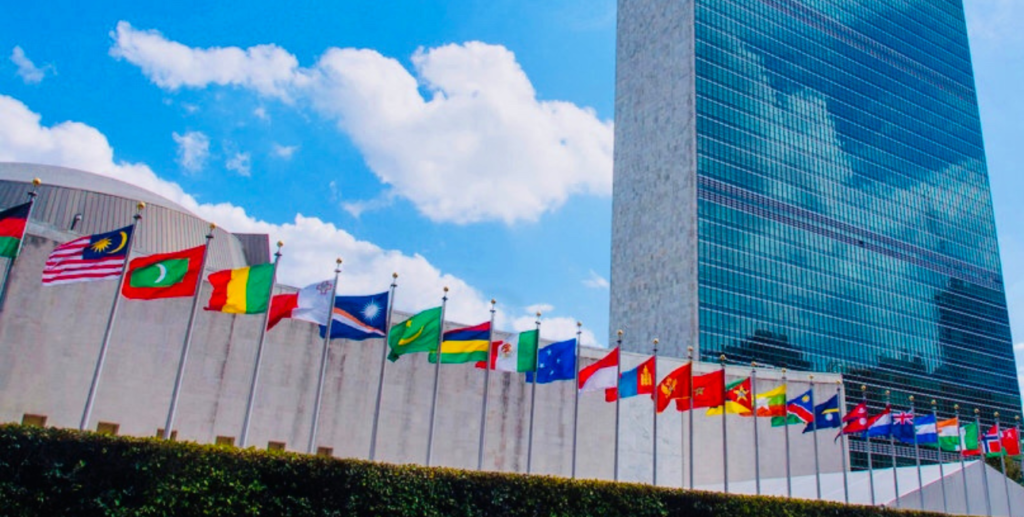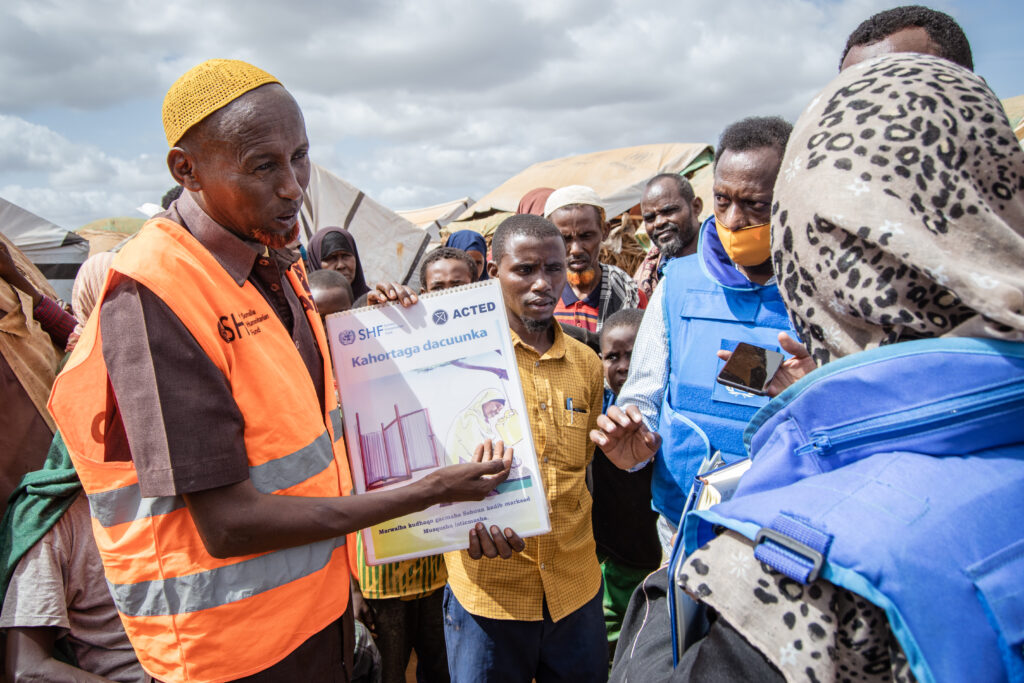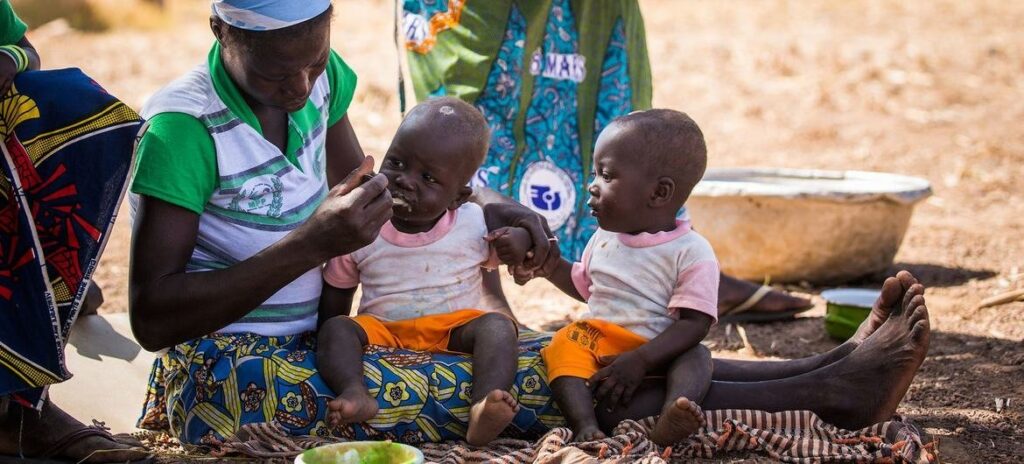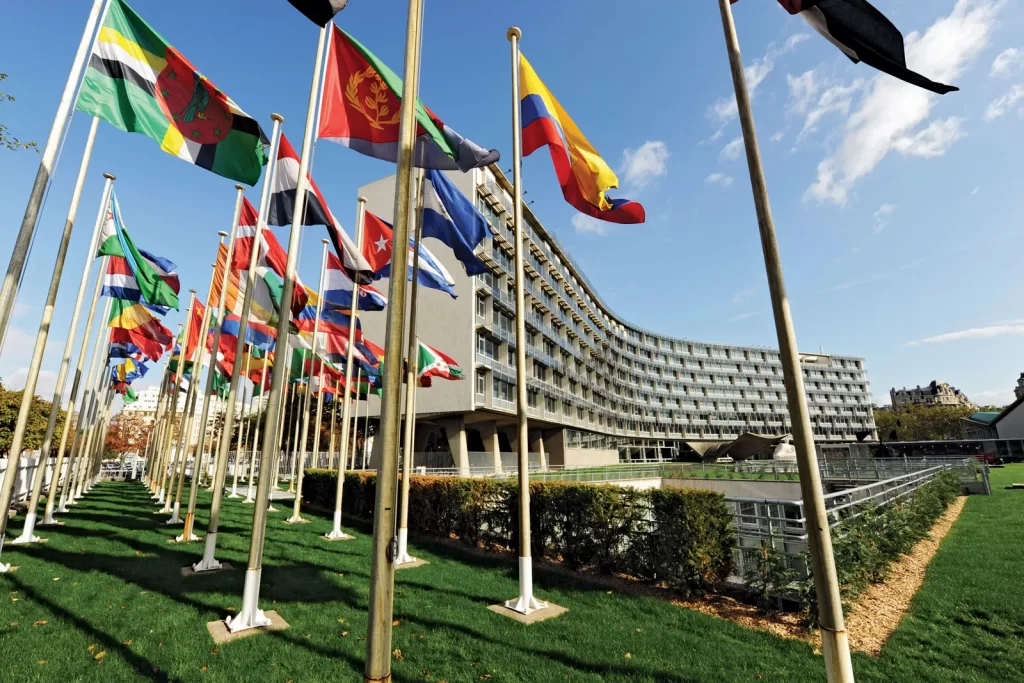2023 UNCA Awards – Call For Submissions
WINNERS WILL BE HONORED BY THE UN SECRETARY-GENERAL H.E. ANTÓNIO GUTERRES, DECEMBER 2023 IN NEW YORK
The United Nations Correspondents Association (UNCA) invites media worldwide to submit entries for its 27th annual UNCA Awards for best print, broadcast (TV & Radio) and online, web-based media coverage of the United Nations, UN agencies and field operations.
The deadline for submissions is September 30th, 2023.
The awards are open to all journalists anywhere in the world.
The deadline for submissions is September 30th, 2023.
The awards are open to all journalists anywhere in the world.
The Awards are:
The Elizabeth Neuffer Memorial Prize
Sponsored by the Alexander Bodini Foundation, for written media (including online media). The prize is for print and online coverage of the UN and UN agencies, named in honor of Elizabeth Neuffer, The Boston Globe bureau chief at the UN, who died while on an assignment in Baghdad in 2003.
The Ricardo Ortega Memorial Prize
Sponsored by the United Nations Alliance of Civilizations, for broadcast (TV & Radio) media. The prize is for broadcast coverage of the UN and UN agencies, named in honor of Ricardo Ortega, formerly the New York correspondent for Antena 3 TV of Spain, who died while on an assignment in Haiti in 2004.
The Prince Albert II of Monaco and UNCA Global Prize for Climate Change.
The prize is for print (including online media) and broadcast media (TV & Radio) for coverage of climate change, biodiversity, and water.
IMPORTANT INFORMATION FOR APPLICANTS:
- Work in print, broadcast (TV & Radio) and online coverage must be published between September 2022 and September 2023.
- The judges will look for entries with impact, insight, and originality, and will consider the courage and investigative and reporting skills of the journalists. Entries from the developing world media are particularly welcome.
- Entries can be submitted in any of the official UN languages (English, French, Arabic, Chinese, Spanish, and Russian), however a written transcript in English or French is necessary to facilitate the judging process.
- Each candidate can submit to no more than two (2) prize categories, with a maximum of two (2) stories in each. Joint entries are accepted.
- Electronic files and web links uploaded to the online Entry Form are required.
HOW TO SUBMIT YOUR ENTRY:
Entries are submitted online by completing the UNCA Awards Entry Form.
Please complete your personal information, upload a photo and submit your work electronically by uploading web links and/or files directly to the Entry Form.
** Electronic entries are mandatory **
All entries must be received by September 30th, 2023
For Questions regarding UNCA Awards & entries please contact:
UNCA Office, 1-212-963-7137. Or send an email to uncaawards@unca.com
CLICK ON THE ENTRY FORM BELOW TO GET STARTED
UNCA Awards Committe
Valeria Robecco (UNCA President), Giampaolo Pioli (Awards Chairman), Tuyet Nguyen (Awards Selections Coordinator), Sherwin Bryce-Pease (UNCA Executive Member and Master of Ceremonies), Edith Lederer (UNCA Executive Member), Betul Yuruk (UNCA Executive Member).










